Opening up can feel scary. Sharing your emotions can be daunting. But it’s important to be honest when friends and family genuinely ask how you’ve been feeling.
It’s such a habit for us all to chime in with a quick ‘I’m fine!’ or ‘good thanks!’. No more. You’re doing yourself and your health and your happiness a disservice.
In honour of R U OK? DAY (September 14), and in an effort to encourage more vulnerable conversations between loved ones every day of the year, I sat down with R U OK? Community Ambassador, Seryn Adams, to discuss her personal journey with mental illness.
Seryn! We wanna get to know you! Can you narrate your average ‘day in the life’?
I’m a mum to two little one’s (4-year-old Harrison and 8-month-old Hartley), and my youngest doesn’t sleep much, so late starts are certainly a thing of the past. It’s all very busy but very fulfilling.
I suppose a day in the life for me would be getting up and doing the usual breakfast routine, probably watching Bluey. We’ve got animals - horses, cats, chickens - so looking after them too.
I work three days a week for the Murrumbidgee Primary Health Network as the Suicide Prevention Response Coordinator. So R U OK? fits in really well with that - I’m a support worker there the remaining two days a week.
You’re on the cusp of a new decade that brought about a lot of growth and change, so how would you describe yourself in your early 20’s?
When I was 20, or rather in my early twenties, I thought I was so mature. I thought I had it all figured out. Like yeah this is who I am! But almost 10 years have passed and I think WOW have I grown.
I was quite a responsible and mature person; the one that would make sure that everyone got home safe on a night out. So I guess the core of who I am has stayed the same. That desire to want to look after people. Caring for everyone in my life. I was quite emotional too. But I’ve learnt a lot of strategies to be able to mitigate and manage that.
Was there a particular moment or event in life where your mindset took a negative turn?
There probably wasn’t just one thing that I could say really shifted my mindset. It was a number of things. I moved from Sydney down to Victoria so I was quite isolated from family and friends, I didn’t really have a great support network there. I was with a partner at the time who wasn’t super supportive of my mental health either, not really understanding what I was going through.
It all accumulated to a point where I could no longer manage what I was feeling in my life. And that’s what led me to experiencing suicidal ideations and slipping into such a dark place.
Was it difficult for you to ask for help/support? Why?
Definitely. There’s a lot of shame around it. Thinking that it’s not normal. Thinking that there’s something wrong with you. And it’s only through my experience now, working with people [in the mental health space] that I’ve recognised we really are all in this together. So many people experience this but don’t talk about it.
I’ve seen many counsellors for my own mental health, talking about how brain chemistry works and why we go through this…I’m quite a rational and logical person so when I can put it down to the actual chemistry in my brain it makes sense. It’s not something I’m manifesting. It’s something actually happening to me. Then you can treat that imbalance. That’s what helps me to reconcile it.
Is there someone in your life that reached out and asked ‘are you okay’?
I’m very close with my mum and she recognised I wasn’t responding to text messages and I wasn’t answering her phone calls. She had asked me ‘are you okay?’ numerous times before this occasion. And I really had this fear of disappointing people or making people worry so I didn’t disclose what I was going through. I put on a front to make everyone think that things were fine.
There was one day where I couldn’t get out of bed, which sounds so foreign because that's just something that you do every day, but I was really struggling. I felt like my throat was tightening and there was an elephant on my chest, I just couldn’t move and if I did then I’d be physically sick. Mum rang me and I answered that day and she said ‘what’s going on, you’re not yourself, are you okay?’ and I said ‘no mum, I’m not okay, I’m thinking about suicide’.
I can look back and have a little bit of a chuckle now, but at the time it wasn’t so ideal because she said ‘oh really, okay, I’ll ring you back’. So I’d just told her how I felt and she hung up the phone! She was in shock. But she kicked into gear and rang a counsellor in my town, told them her daughter urgently needed to see someone, and she was able to get me an appointment that day.
She rang me back within five minutes. She told me to go have a shower and I did. She told me to leave her on speaker while I had a shower and I did. Then she said go and get dressed and put some tracksuit pants on. Then she said have you eaten anything and at this point I hadn’t eaten for weeks (within reason) so she told me to make some toast, put some butter on it. Very practical steps but when I was thinking for myself, it really helped.
Then it was time to drive into town and I said ‘okay mum I’ll talk to you later I’ll let you know how the appointment goes’, and she said ‘no just leave me on speaker while you drive in’. And I didn’t hang up until I walked into the counsellor's office. She knew that she had to stay on the phone with me to keep me safe. To get me there and make sure I got the support that I needed.
It was her intuition that got me through and she’s too is actually now a mental health support worker. Putting that experience into her work, which is quite amazing. She’s the sort of person that deals really well with a crisis and she certainly did that for me on that particular day.
What steps did you take to pull yourself out of this headspace?
The most important thing that I got out of that first session was that I really needed support. It was crucial. And I didn’t have that where I was. So back to my beautiful mum - she drove eight hours from Sydney, overnight, packed up all my stuff, and drove me back to my family.
There were people that surrounded me at home that really helped me during that time. I went to a GP. I was put on medication. And I got a regular counsellor who was able to work through different strategies and help manage how I was feeling. There were a number of steps taken and none of them were easy, but I had support every step of the way.
It was about three months where I stayed at home to recover and my mum would always ask me if I wanted to go to work with her or get out of the house. Then one day she said ‘I’m doing your hair and makeup and we’re going to lunch, come on’. She did it and I looked in the mirror and [in horror] I blurted out I’m okay! I haven’t had a makeover from mum since…It’s a bit of a running joke if I’m feeling down.
It can be very tokenistic to say look after yourself, but there are certainly things that I do every day. Drinking tea is a huge one. Every time I have a cuppa I use it as an opportunity to ground myself, bring myself back into my body, and remind myself that this is the only moment I have to focus on. And doing things with my kids. Playing with them. Coming back into the present moment and not thinking too far ahead. Finding those little things, whether it be having a bath and putting on a face mask, is all a part of your mental health strategy.
What role does R U OK now play in your day-to-day life?
I recognised that I wanted to get into a field where I can help people. So I eventually moved from Sydney out to Young in NSW and I got a job in mental health which was fantastic. I started to explore more career opportunities, and I’d always loved the R U OK? message, it really resonated with me. So one day I actually just emailed the organisation saying I was interested in being involved in some way, and they were able to offer me the role of an ambassador.
I’ve been in the R U OK? community for four years now and I’m really passionate about being able to do presentations and interviews to promote the company. It’s another form of self-care for me. You wouldn’t think discussing suicide prevention could be that, but it does fill my cup to be able to encourage people to speak up.
What is it that inspires you to keep telling your story?
To me it’s about support. When I was going through my difficult times - and I still have difficult times - I needed that. It’s letting people know it’s normal and it’s okay and we can get through it together.
I want to encourage people around those who may be struggling too, to be willing to ask the question. My Dad, he’s quite a blokey bloke, he doesn’t really talk about this stuff, but through my work I’ve been able to train him up to ask three of his mates if they’re okay and two of them were really struggling. You can impact networks of people around you too.
There’s a flood of yellow on R U OK? DAY but for me it’s about reminding people every day is the right day to ask the question.
What advice would you give to people who might be worried about a loved one?
I would always say you’re never going to regret asking someone if they are okay.
People don’t want to look or feel nosey but if you have recognised that someone is acting a little bit different just start with what you’ve noticed ‘hey mate, you haven’t been at footy training lately, did you want to talk, is everything okay with you?’. Just be authentic.
Based on habits of your own, how can we ensure these conversations continue all year round, and not just on R U OK? Day?
It is the day to recognise the importance of asking ‘are you okay?’ but it has to be every day because life happens every day! People need continued support.
I’m that friend that’s always checking in, so people know they can come to me if and when they need. Let your friends know they can always reach out to you. Make it a habit.





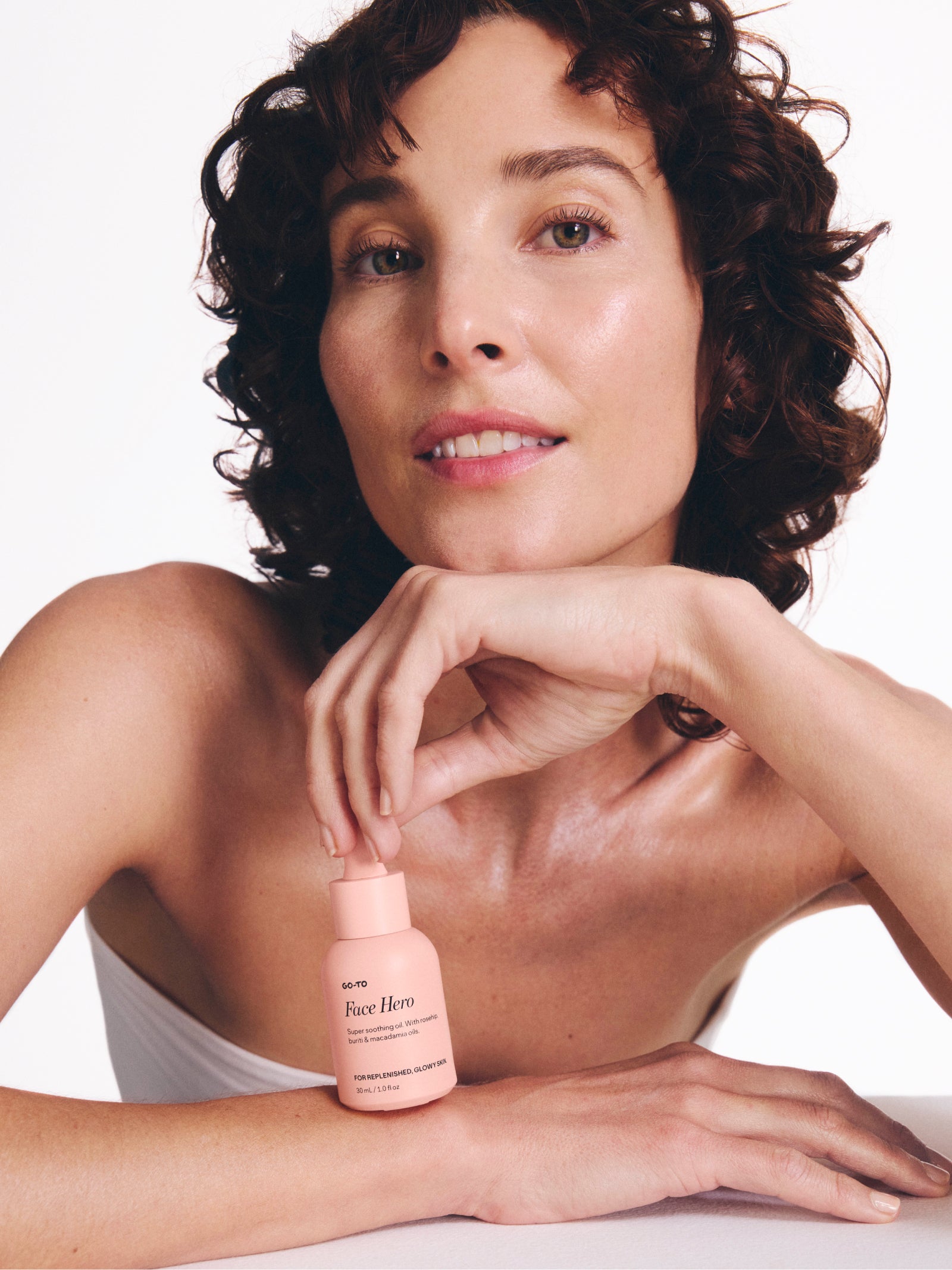
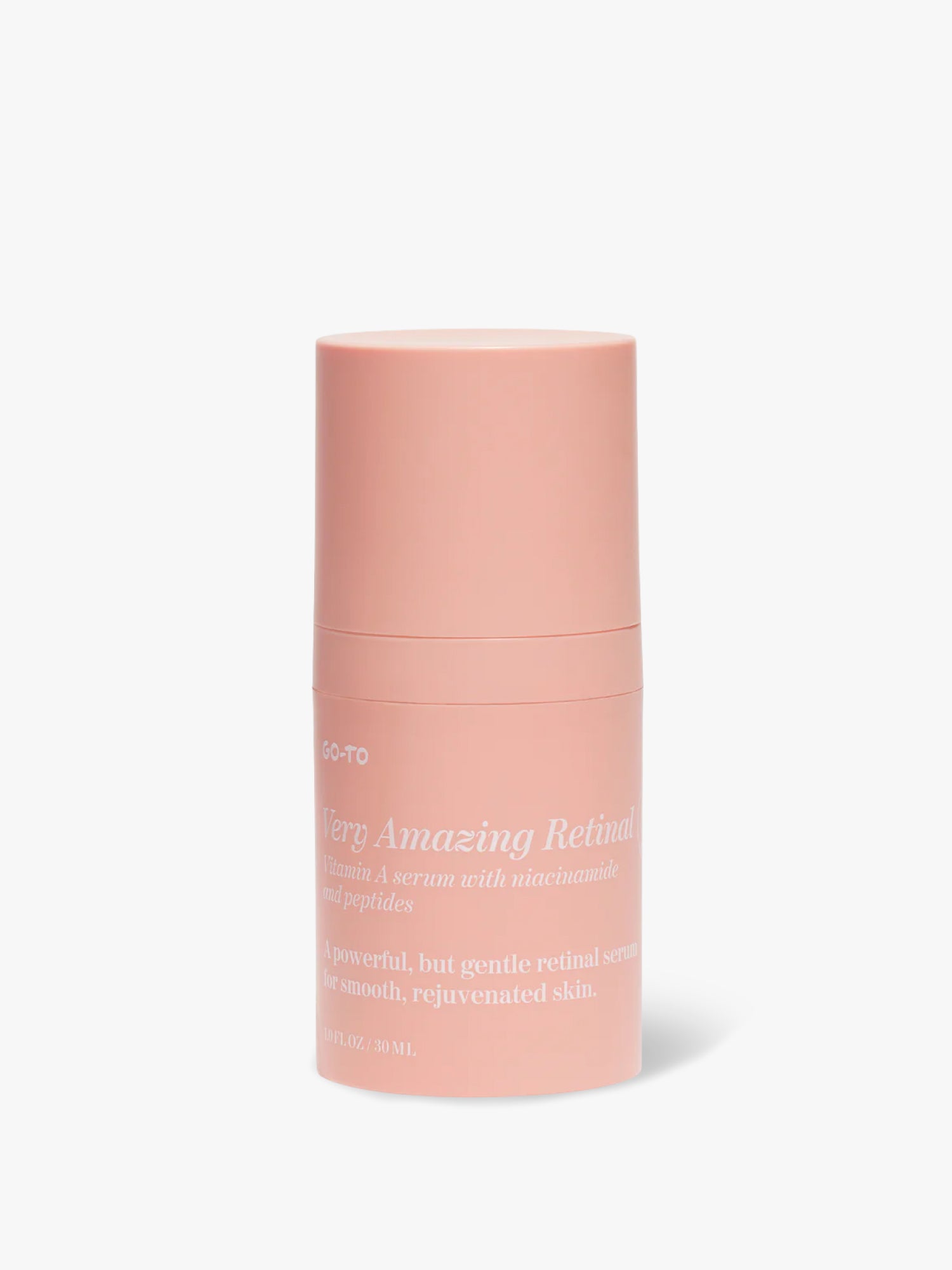
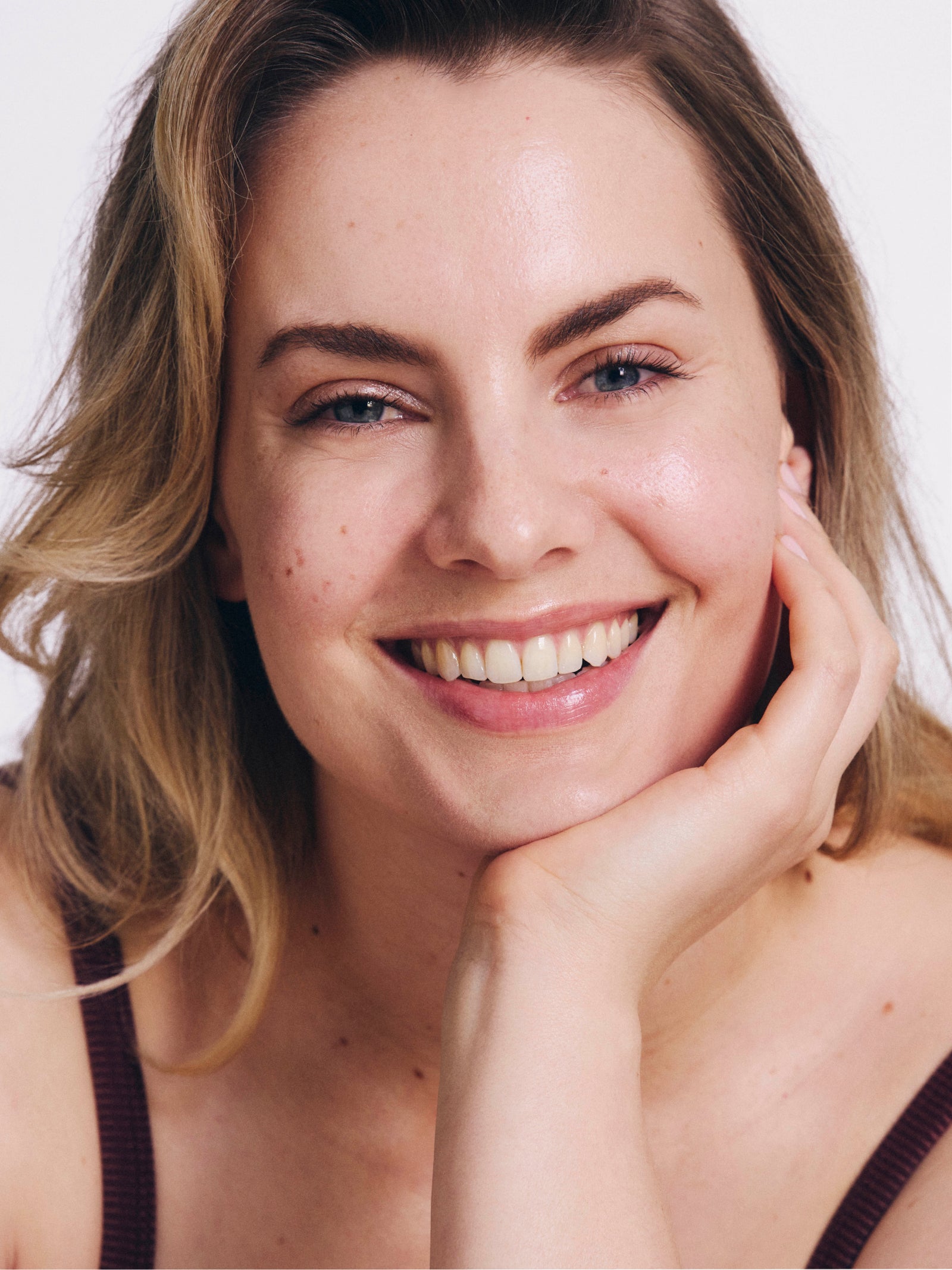
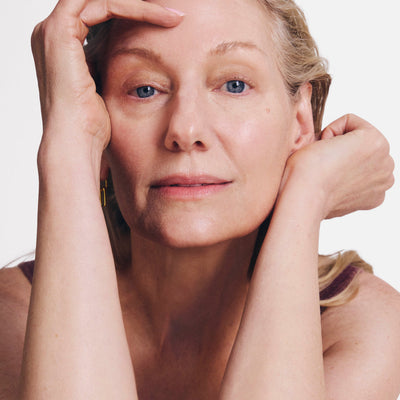
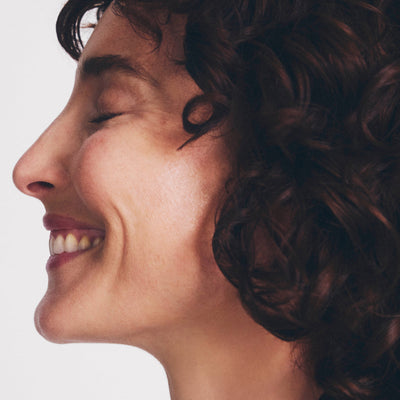
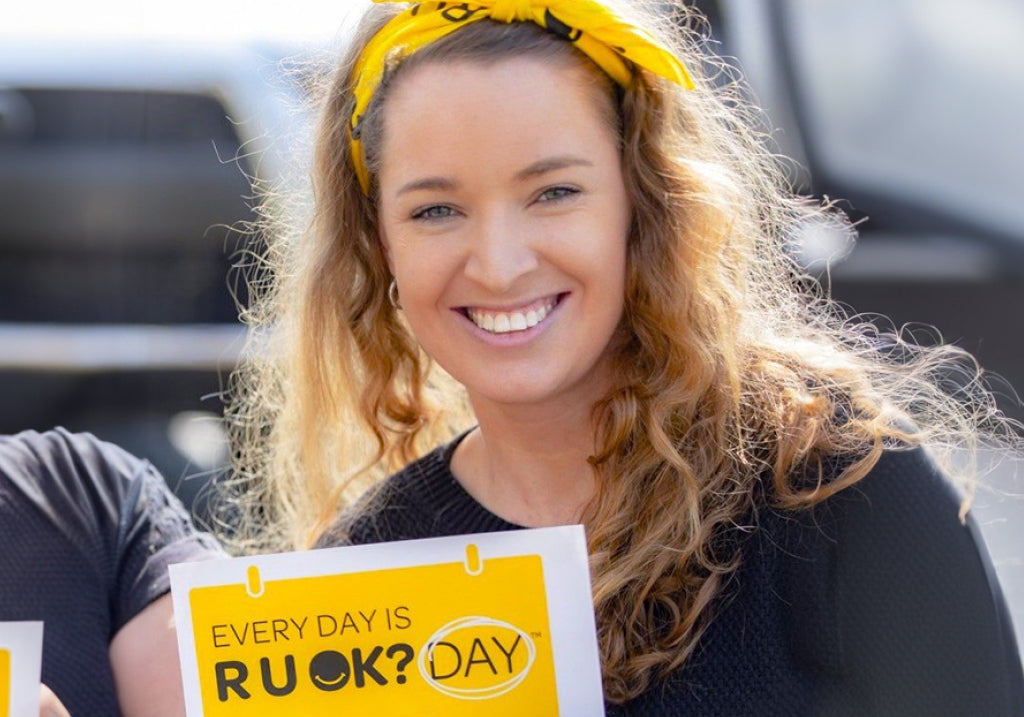

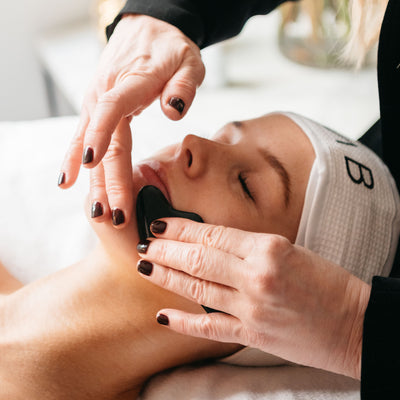
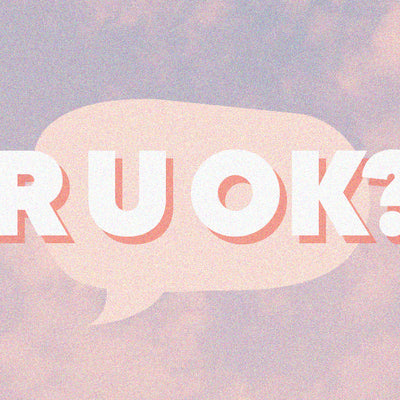
Comments